Bumble has released a statement apologizing for its new advertising campaign, which appears to mock women who choose celibacy over dating apps.
Several billboard adverts have appeared in cities around the U.S. with photos of young women accompanied by slogans including “you know full well a vow of celibacy is not the answer” and “thou shalt not give up on dating and become a nun.”
People Shared Images of the Billboards on Social Media, Criticizing the Messaging
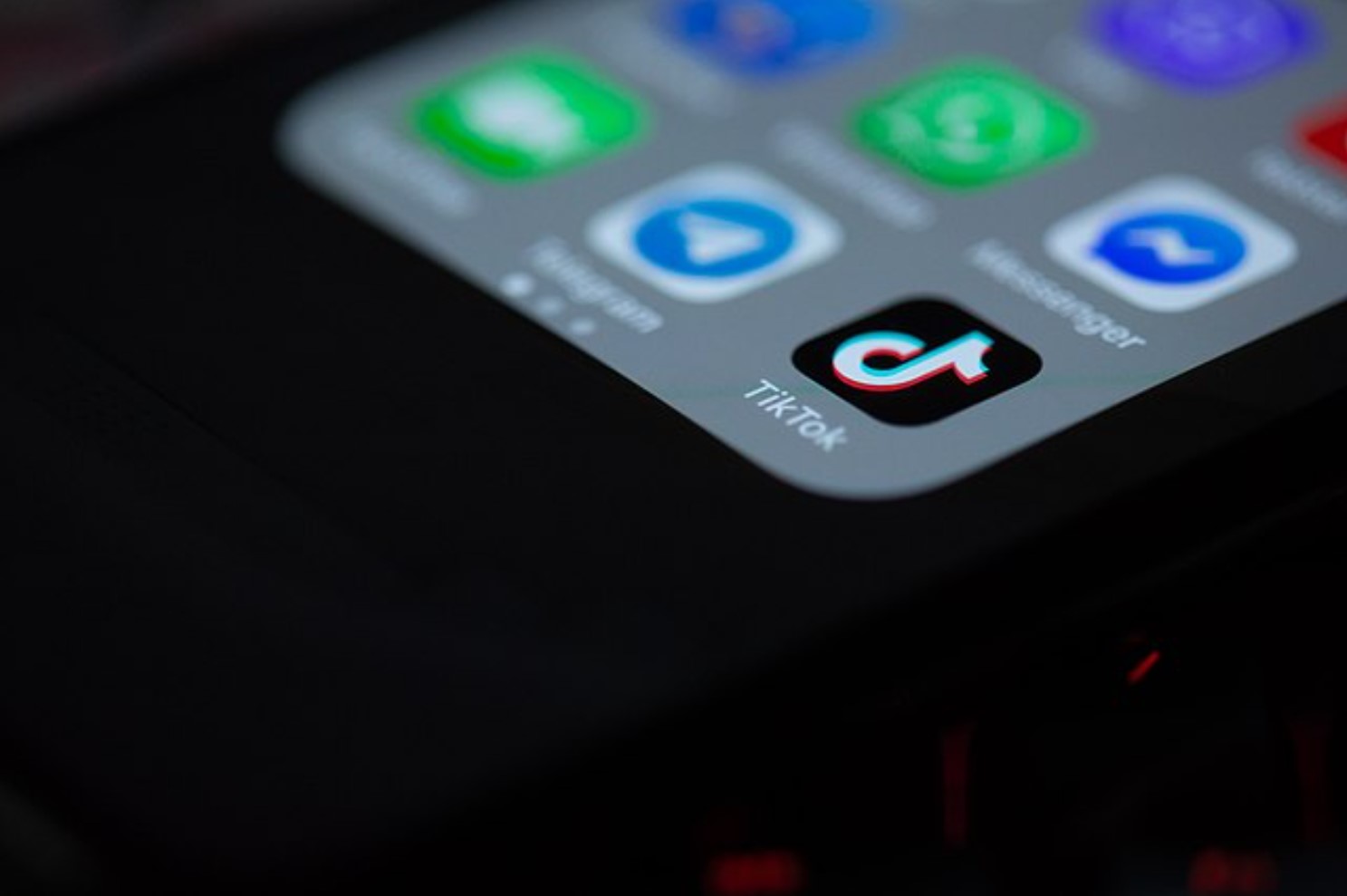
One TikTok criticizing the billboards says, “Imagine pretending to be a dating app for women and launching a million dollar ad campaign blaming women for a very normal reaction to men’s violence.”
Many women in the comments said celibacy and abstaining from online dating has left them happier, with some mentioning the 4B movement in South Korea, where women have sworn off dating due to the misogyny they encounter.
Adverts Contradict Bumble’s Aim of Empowering Women
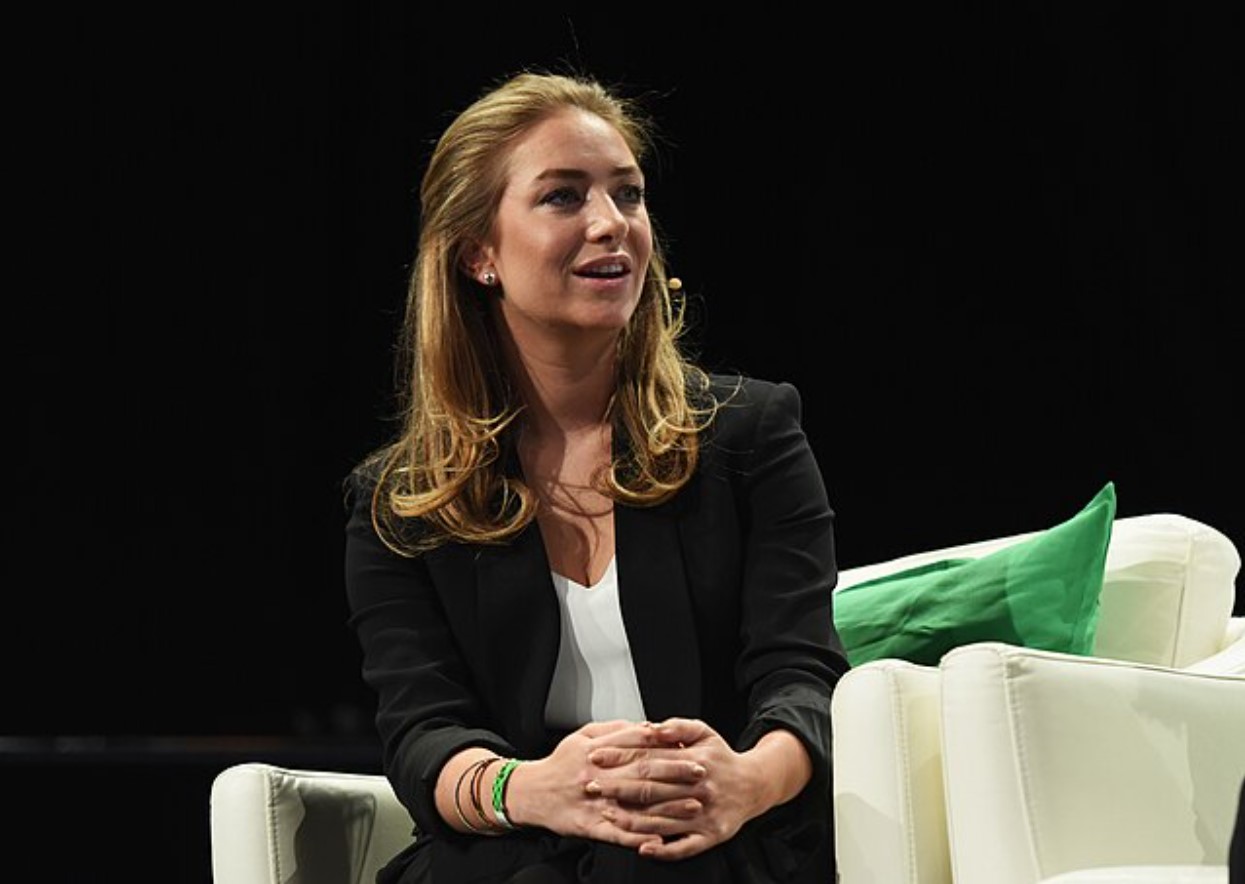
Since its launch in 2014 by former CEO Whitney Wolfe Herd, Bumble has presented itself as a more progressive and safe alternative for women, earning it the nickname “feminist Tinder.” The app’s policy of not allowing men to message first is meant to give women more control.
Critics of the new campaign have pointed out how its messaging seems to contradict Bumble’s stated aim to be a safer space for women.
Bumble Apologizes for the Campaign
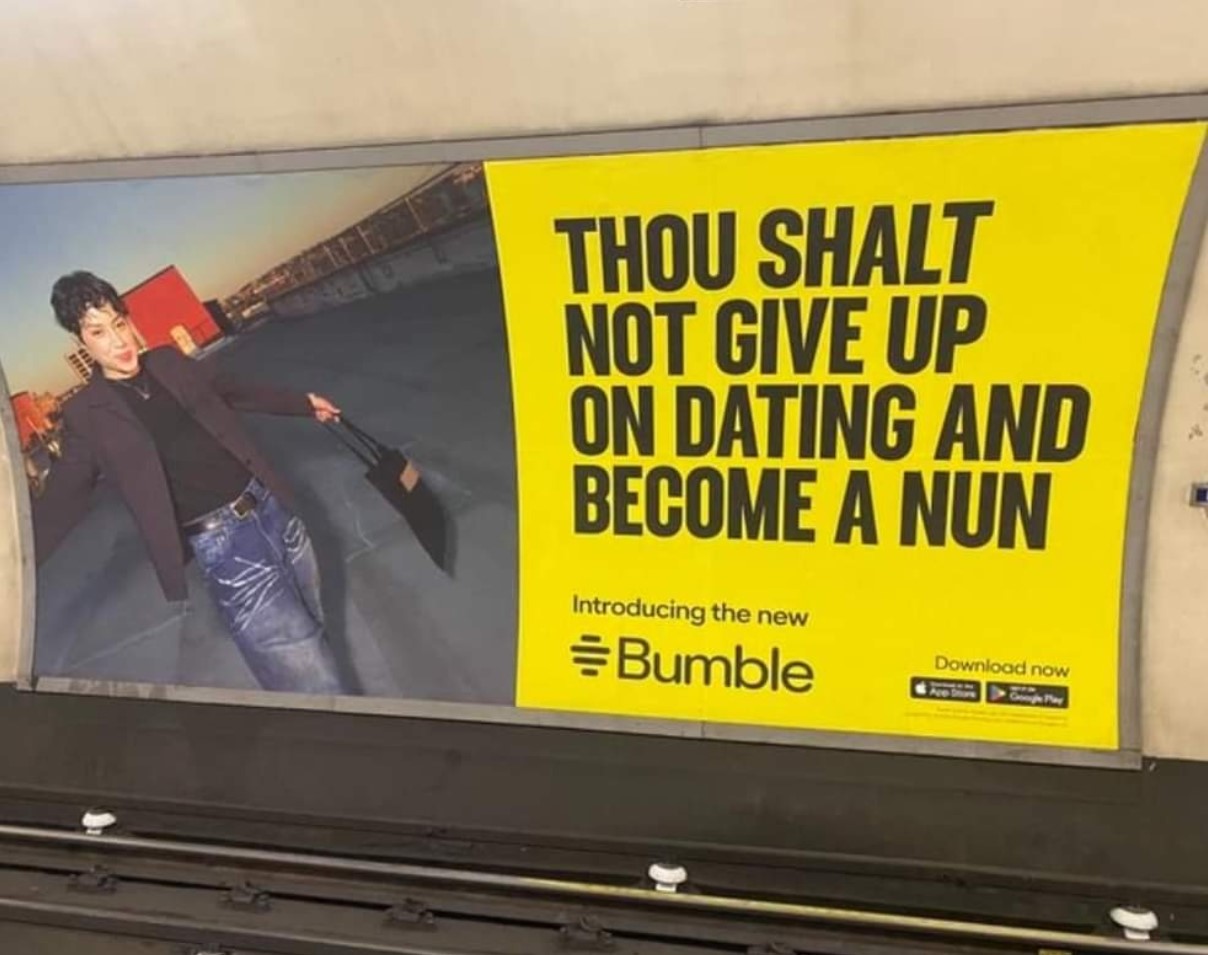
In response to the backlash, Bumble released an official statement on their Instagram account, apologizing for the offense caused.
The company admitted the campaign was a mistake, writing: “For years, Bumble has passionately stood up for women and marginalized communities and their right to fully exercise personal choice. We didn’t live up to these values with this campaign and we apologize for the harm it caused.”
Bumble Claims Billboards Were to Be Humorous

In the statement, Bumble claimed the billboards were an attempt to bring humor to a community frustrated by the realities of online dating.
But many didn’t see the humor. Jordan Emanuel, an actress and model who has been vocal about choosing celibacy, wrote on Twitter: “In a world fighting for respect and autonomy over our bodies, it’s appalling to see a dating platform undermine women’s choices.”
Women Report Negative Experiences on Dating Apps
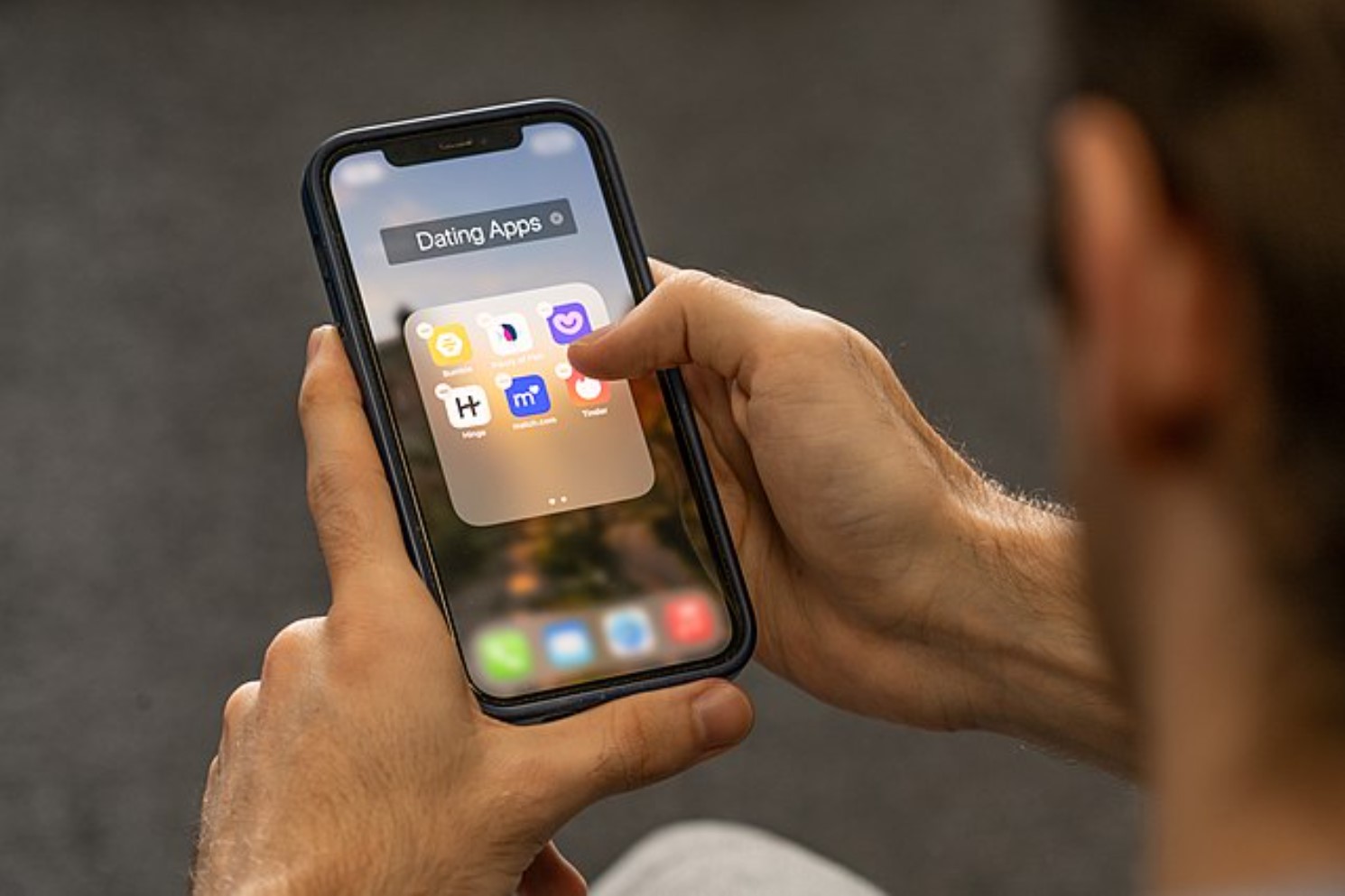
Dating apps have become commonplace, with a 2022 poll showing that more than 50% of those under 30 in the U.S. had used a dating app at some stage. But many say their experiences have been very or somewhat negative, with 52% of women reporting negative experiences with online dating.
Substantial numbers of online daters believe it’s common to encounter fake profiles in order to scam other users as well as to receive unsolicited sexually explicit messages or images.
Levels of Celibacy Are Increasing

Celibacy is also on the increase among young people in the U.S. In the past few years, celibacy has become increasingly popular with heterosexual women who are disillusioned with the traditional gender expectations, harassment and unsolicited sexual photos they face while dating.
In South Korea, the 4B (or “four nos”) movement has gained traction in recent years, with women saying no to men, marriage, sex and having children.
Bumble Offers Advertising to a Domestic Violence Hotline

The statement also announced that Bumble will be offering the purchased advertising space to the National Domestic Violence Hotline and other charities which offer support to women in crisis.
The company also announced it will be making a donation to these charities, claiming they are committed to their ongoing efforts to “support women, marginalized communities and those impacted by abuse.”
Bumble Plans to Lay Off Workers

Although last week Bumble announced a better-than-expected first quarter performance, with revenue up 10.2% year-over-year, the company is still facing challenges.
In February, the company announced plans to lay off 30% of its workers. With its stock down 20% since January, the company has increased its focus on attracting the next generation of daters with a new logo and an app update.
Bumble Faces Challenges
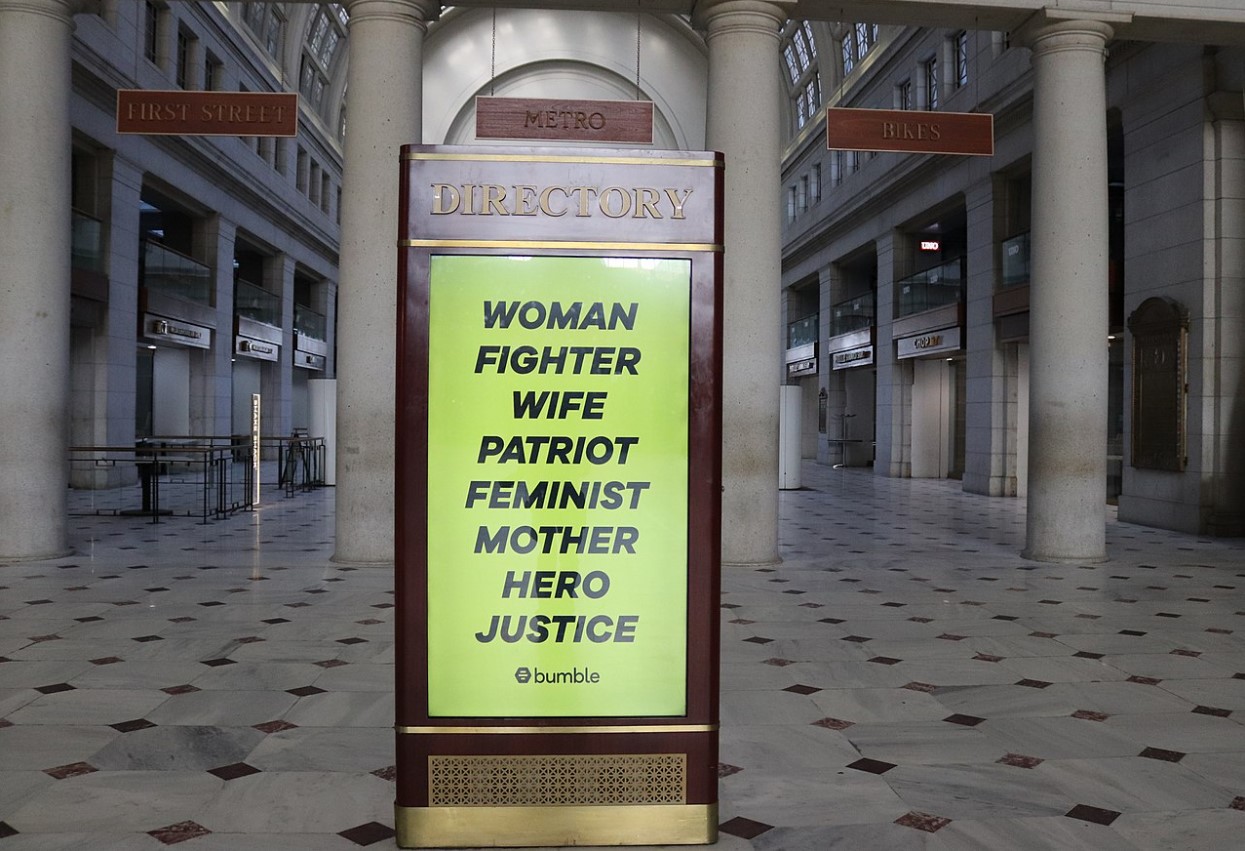
Bumble faces challenges as it tries to adapt to the changing attitudes of young people toward sex and dating. Its latest campaign seems to have been a misstep, with widespread criticism on social media forcing the company to backtrack and apologize.
It remains to be seen how Bumble will adapt to attract the newest generation of online daters and how they will stay true to their stated aim to empower women.
